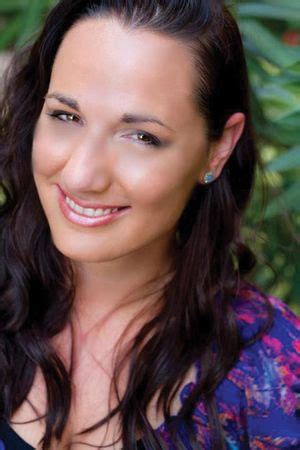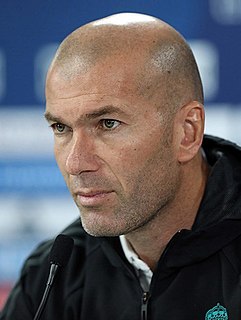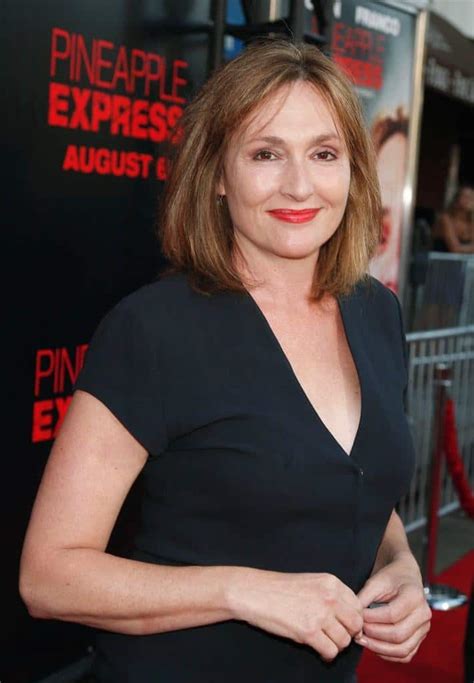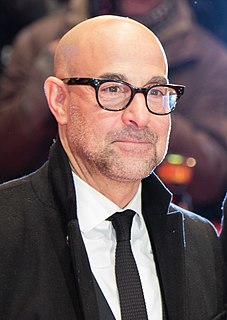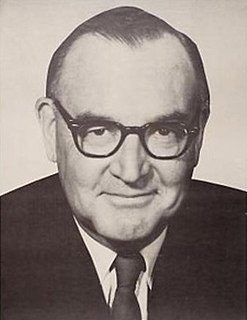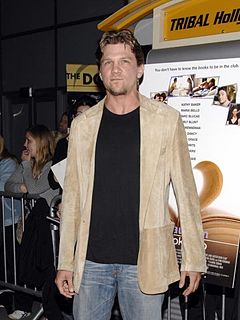A Quote by Jacque Fresco
The difference between a serial killer and a saint is environment. That's a very hard thing to accept because that raises a lot of questions
Quote Topics
Related Quotes
I also remember when I watched Henry: Portrait of a Serial Killer [1990] at, like, age 15. That scared the crap out of me. Because it didn't operate inside the usual conventions of the horror genre in the way that I could accept. I can accept horny teenager counselors being murdered at camp. But I couldn't accept the derangement of Henry: Portrait of a Serial Killer, which was that anyone could be murdered at any moment - whole families, with no build-up music and no meaning. It terrified me.
Mothers know the difference between a broth and a consommé. And the difference between damask and chintz. And the difference between vinyl and Naugahyde. And the difference between a house and a home. And the difference between a romantic and a stalker. And the difference between a rock and a hard place.
And the bottom line is we are who we are-we look a certain way, we talk a certain way, we walk a certain way. I strut because I’m a supermodel, and sometimes I gallop for fun. When we learn to accept that, other people learn to accept us. So be who you really are. Embrace who you are. Literally. Hug yourself. Accept who you are. Unless you’re a serial killer.
There's a difference between someone who's 'harsh' and someone who is 'hard.' Life was hard. You lived in the South, as my grandparents did, and you had to survive. That is hard. In order to respond to that, he had to become a hard man, with very hard rules, very hard discipline for himself, very hard days, hard work, et cetera.


